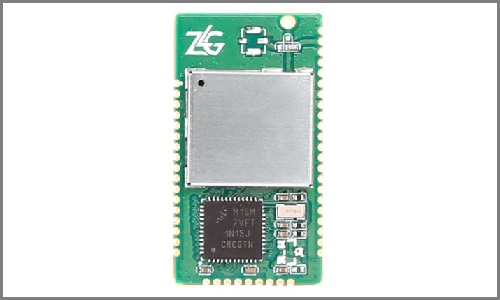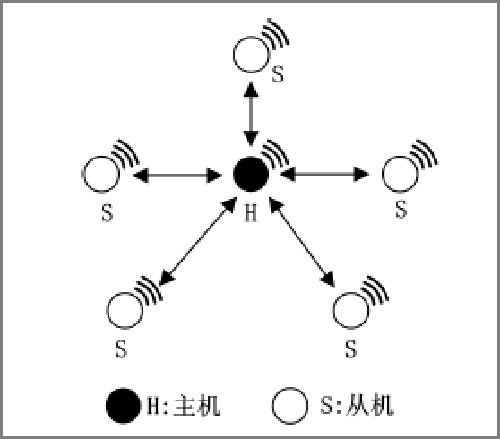How to perform wireless temperature monitoring on 1000 nodes?
How to collect the temperature conveniently and rapidly is a problem that most industries are considering. The traditional wired temperature measurement scheme is more complicated, and the maintenance cost is high and dangerous. With the development of various test schemes, wireless temperature measurement stands out. In the future, wireless temperature collection in the industrial sector will inevitably become mainstream.
We have introduced the data acquisition and recording instrument remote acquisition and reading data program, this article mainly introduces a wide range of multi-node wireless temperature measurement program.
This solution uses the layout of the wireless module + temperature measurement module to read temperature data over a wide range of nodes.

figure 1
So why choose such a plan?
First of all, the wireless module takes the selected LM400T as an example. LM400T is an industrial-grade LoRa networking transmission module. At present, LoRa is characterized by ultra-long-distance transmission, which meets the needs of a large range of applications. The industrial field environment is generally poor. Under a wide range of data transmission conditions, the LM400T has strong anti-interference ability, low power consumption, and requires maintenance. Less cost.

Figure 2 LM400T
LoRa networking transparent transmission module embedded network transparent transmission protocol, support users a key ad hoc network. For a conventional industrial site, generally, the area covered by the measured points is relatively large, and more test nodes are required. Using the self-organizing network function will avoid tedious operations on the configuration. When the module is in the ad hoc network mode, the host module automatically selects the physical channel and modulation parameters that are not used around to form a separate network, and can automatically assign a unique local network address to the slave module. When the slave module is used, After the ad hoc network function is enabled, no configuration operation is required. After the slave module joins the network, it can communicate with the host.

Figure 3 Ad hoc network topology
The LM400T provides dedicated meter reading protocols, CLAA protocols, and LoRaWAN protocols. Users do not need to spend a lot of time on the protocol to directly develop applications. The LM400T supports secondary development, built-in MCUs, and application layer development through interface functions such as temperature data acquisition.
Where does the temperature data collected by the LM400T come from?
The TPS02R is a small module that integrates the MCU and ADC acquisition circuitry. Compared to the acquisition and storage of data acquisition recorders that we have previously described, this module may appear to be 'thinner'. However, this module uses an ultra-small size design, which makes it easier to integrate into a temperature measurement system. In the industrial field, large-scale acquisition equipment or micro-acquisition systems, the volume and power consumption are problems that have to be considered.

Figure 4 TPS02R
It can support 2 thermal resistance sensors with a measurement accuracy of ±0.2°C. For some industries, the TPS02R has a built-in 2500V electrical isolation circuit, which can effectively suppress ground loop interference during temperature measurement.
Of course, this solution requires a thermal resistance sensor. For temperature testing, RTDs and thermocouples are familiar accessories. Different test environments also have different models to choose from.

Figure 5
The above is a brief introduction of the current large-scale multi-node wireless temperature measurement. The overall point of view is to use the LM400T in the LoRa module to support the secondary development of the function, with a small temperature acquisition module, supplemented by peripheral circuits, through the thermal resistance The temperature is collected and then transmitted wirelessly.
Product categories of Puffed Snack Machine, This processing line can make different kinds snacks, such as rice crusts, chips, bulges, etc.
We are specialized manufacturers with 15 years of extruder experience, we have the perfect after-sales service and technical support. Look forward to your cooperation!
Corn Puff Extruder,Snack Food Extruder Machine,Corn Snack Food Extruder,Snack Food Extruder
Jinan Chenyang Technology Co., Ltd. , https://www.cypetfoodmachine.com
